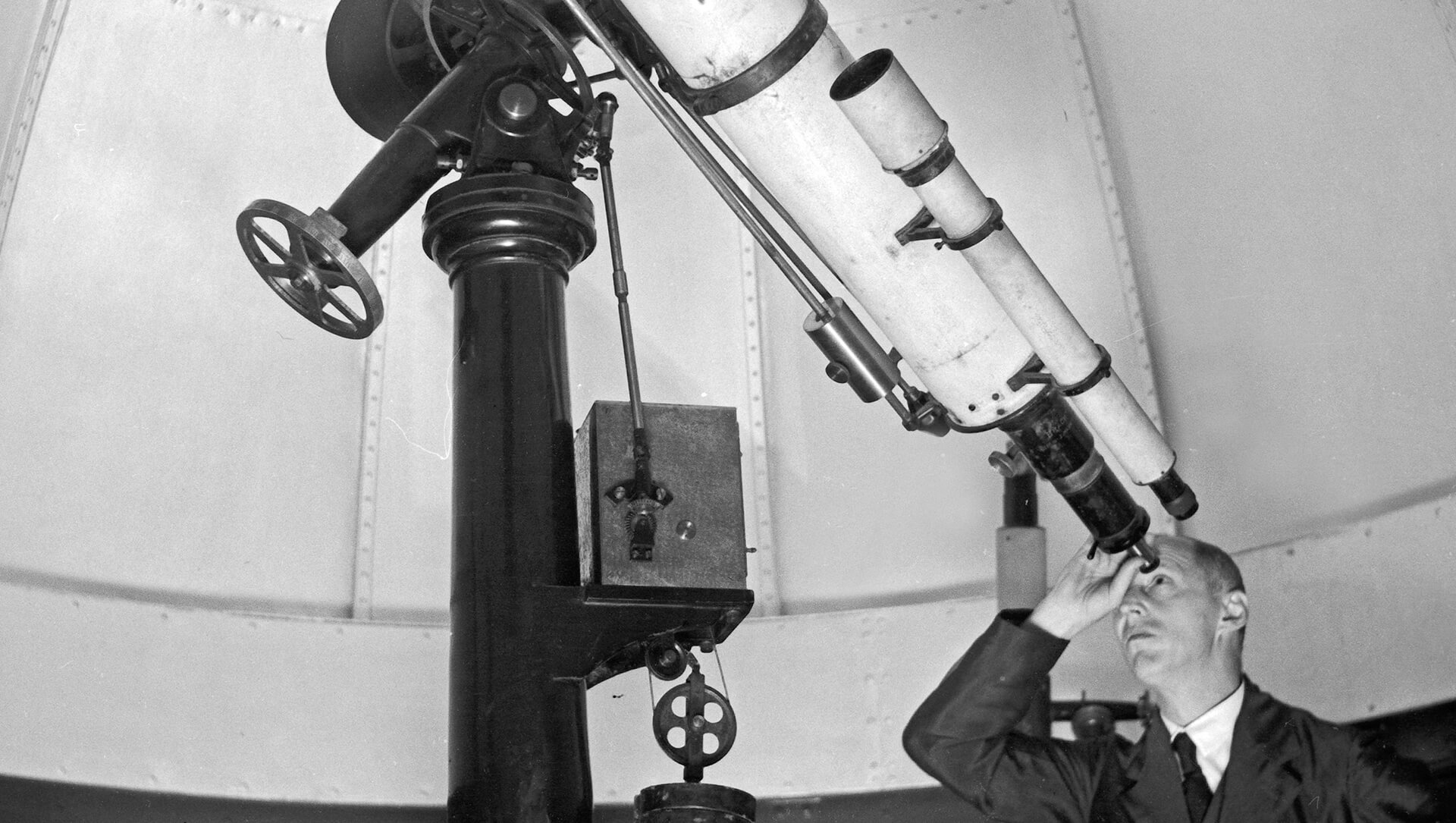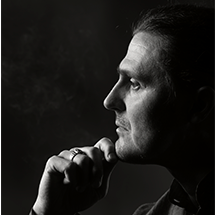THE RETURN OF THE OBSERVER TO SCIENCE
We will talk about a scientific concept (from the Latin conceptio, concipere — “to grasp, to take in and hold, a thing conceived”) as a way of understanding and interpreting phenomena related to man. The main function of the concept is to bring clarity to people.
In the modern world, there are well-established generally recognised notions that distinguish ideas of natural science about the universe from religious ones. The former rely on facts, the latter on spiritual scriptures. We do not consider this a clear enough distinction between an “integral scientific” concept and a "dubious religious" one. After all, along with these there also exist philosophical concepts, as well as diverse and not related to each other concepts in various spheres of human life — psychology, politics, economics, sociology, and others. Moreover, each scientific theory has its own author with his own sequence of argumentation, position and logic.
Thus, modern science is devoid of a consistent view of the world, or one conclusive concept. Relying on “scientific objectivity”, it postulates that scientific claims, methods and results should not be influenced by human value ideas — by a subjective factor.
At the same time, it is the value perceptions that determine the maturity, orientation of the individual and his attitude to certain phenomena of life and play a major role in regulating his social behaviour, notions, motives, interests, and even understanding the meaning of life. Therefore, humanity will only benefit if the most mature personalities, whose worldview is based on the experience of the highest and unchanging truth, participate in scientific activity.
The inclusion of the observer in the process of cognition will open up the possibility of combining scientific objectivity and the system of human values, which should also become scientific. Moreover, in order to be integral and capable of clarifying various areas of life, a scientific concept must come from one source, one single truth, which is commented on by a hierarchy of immutable principles, or axioms, which then turn into consistent patterns of the phenomena of our world, thus constantly replenishing science with new discoveries. To do this, science must not only include the observer, but also make him the key factor in the process of manifesting the truth that is higher than him.
THE NEED FOR A NEW METHODOLOGY
Declaring the need to return the observer to science, we at the same time affirm the need for a new approach to research. Science, limited only to materialistic ideas, also limits itself in methods of cognition. Material research tools do not have direct access to the non-material aspects of human reality — the spheres of meanings, spiritual values, personality traits, relationships, ethics and creativity. At the same time, a human being, with his non-material manifestations, is able to influence both abstract and material spheres of his own existence and the environment. This suggests that in the process of cognition, material tools and methods can play only a subordinate role for the main ones — those that are directly related to the observer.
This statement means that, along with modern materialistic tools of cognition, science needs to recognise higher, non-material ones, based on our ability to distinguish between various concepts and abstract systems, develop technologies, streamline processes and manage tasks. If we recognise abstract tools, then nothing prevents us from recognising our higher ability for self-consciousness, as well as for the realisation of eternal truths, which allows us humans to develop subtle tools of knowledge.
The universality of the higher experience of eternal principles obtained by one researcher, for reliability, must first be confirmed by the subjective experience of other authoritative scholars and only after that by objective experiments and modern technical means that reveal certain facts or patterns. Thus, by returning the observer to science, objectivity is not cancelled, but helps subjective knowledge to confirm its truth and reduce potential influence of personal and group interests, preconceived ideas and perceptions. The higher, or abstract, subjective component of science, combined with its denser, or material, materialistic component, will cause science to break through to new frontiers, giving more knowledge for the benefit of man.
We present to the attention of the scientific community our subjective-objective approach, named LiveDevice — “a living device”. This approach relies on the human body as a research tool given to us by Nature itself. It is our own body that allows us to know two sides at the same time — both the manifested objective sphere of existence and the unmanifested subjective side.

Description of the process of thinking that takes place in the higher plane of reality and is aimed at cognition.

The crisis of the worldview. The need for a clear and holistic worldview that unites religion, science and philosophy. The individual's main choice.

Sources of the worldview and its influence on an individual. The importance of a clear definition of terms. The need to restore culture.
